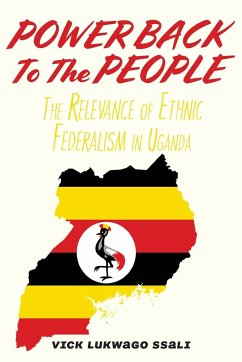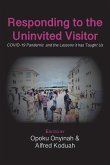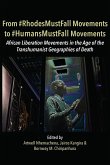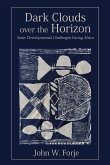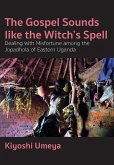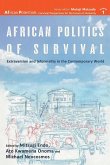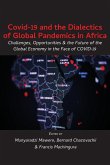The 'scramble for Africa' resulted in random and unlikely borders that remain today. These artificial borders, the colonial policy of divide and rule, and the resultant segmental cleavages in most post-colonial African states, may be blamed for the horizontal inequalities (unequal development of and inequitable social and political relations among salient identity groups) rampant since the formation of nations. It is also often blamed for the severe violent conflicts the continent has suffered in the past half a century. In Uganda, as in many other African countries, the most evident of such cleavages have been tribal or ethnic. One of the main features of politics and power in post-independence Uganda is that they institutionally enforce tension between ethnicities. Recently there have been calls for constitutional reform that would devolve power to the tribal regions and revive the idea of federalism. The book highlights the dynamics of ethnic politics and relevance of the debate on ethnic federalism in Uganda. Its thesis is based on the voices of samples of ordinary people in ten tribal areas of Uganda and their attitude towards federalism. Is their loyalty growing towards the centre or fading out towards traditional and cultural units? Vick Lukwago Ssali is the founding president of the Japan Society for Afrasian Studies and teaches at Aichi Gakuin University in Japan.
Hinweis: Dieser Artikel kann nur an eine deutsche Lieferadresse ausgeliefert werden.
Hinweis: Dieser Artikel kann nur an eine deutsche Lieferadresse ausgeliefert werden.

